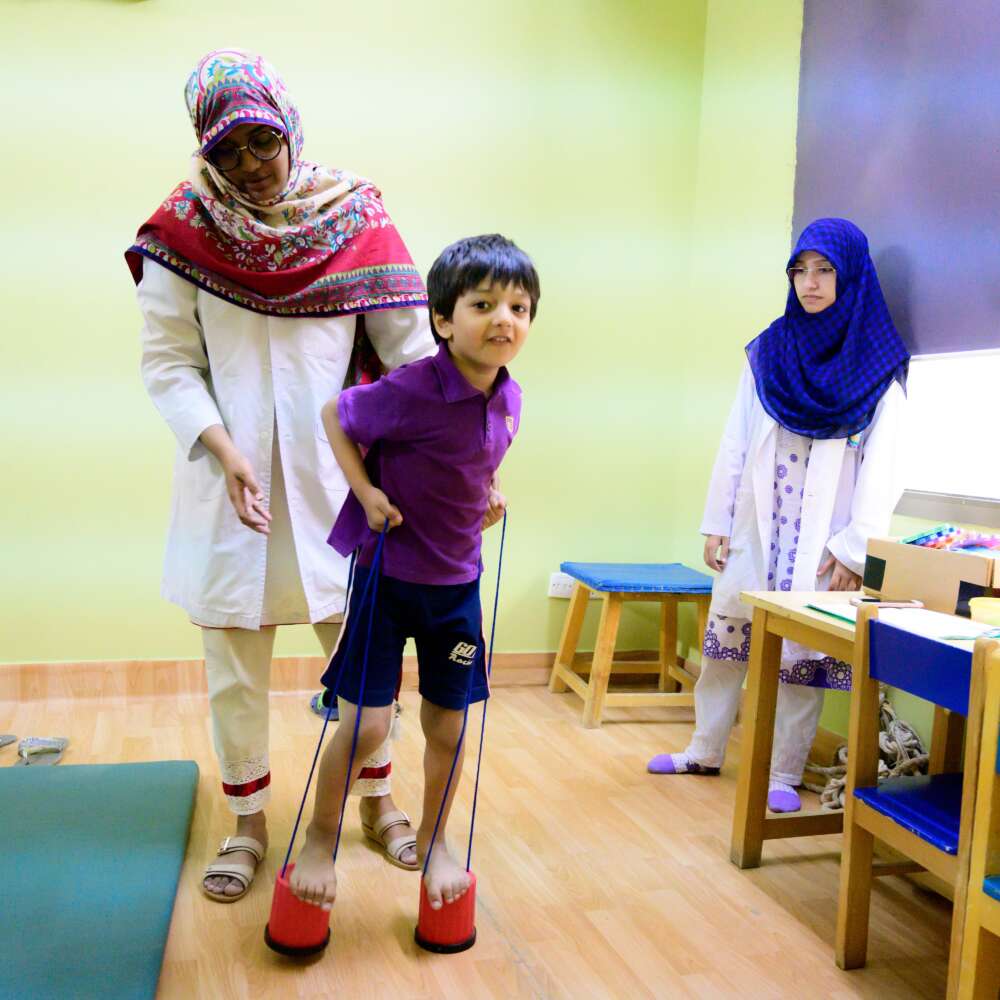
A University of Guelph psychology professor has contributed to new World Health Organization (WHO) guidelines for managing chronic pain in children.
Dr. Meghan McMurtry, who researches pain and health in children and adolescents, was the sole psychologist on the WHO panel that drafted the guidelines, which present the current scientific evidence and recommendations for best practices for managing pediatric pain.
“This is an important document,” McMurtry said. “For far too long, the issue of chronic pain has been ignored or not taken seriously – particularly among children.”
It’s estimated that between 11 and 38 per cent of children worldwide experience chronic pain, including those with childhood arthritis or sickle cell disease, cancer or even undiagnosed illnesses. Indeed, chronic pain is itself a disease, known as chronic primary pain.

A previous WHO pediatric pain management guideline focused solely on drug treatments. This new document recognizes pain as a multi-dimensional experience resulting from biological, psychological and social factors that can benefit from many therapies.
“Never before have psychological, physical and pharmacological strategies been recommended together in this way, which is what makes this document historic. The guideline is an important call for health-care providers to move beyond the biomedical model of pain to the biopsychosocial model,” said McMurtry.
More than 20 pediatric pain experts representing 17 countries across all WHO health regions contributed to the document. McMurtry was one of only three Canadians on the panel, and the only psychologist.
As a scientist-practitioner, McMurtry used her clinical, research and teaching roles on the committee.
“I was able to bring expertise from both my clinical background because I work every week with children with chronic pain and my research background with experience conducting and interpreting systematic reviews. In re-summarizing and highlighting the evidence for the committee, I found I was leaning on some of my teaching experience to get my points across,” she said.
Psychological management of pain in children has “by far” the most robust evidence to back it, said McMurtry, with extensive research demonstrating that psychological interventions — such as cognitive behavioural therapy and relaxation therapies – can benefit children with pain.
“These therapies help teach children how to cope with their pain and how to change their thinking around it, and they help address the anxiety, fear and depression that often accompany and exacerbate pain. But the psychological research has been predominantly conducted in high-income countries. We need research in low- and middle-income countries to help with stronger recommendations for the future,” she said.
The guidelines will be used to assist WHO member states and their partners in developing and implementing national and local policies, regulations, pain management protocols and best practices.